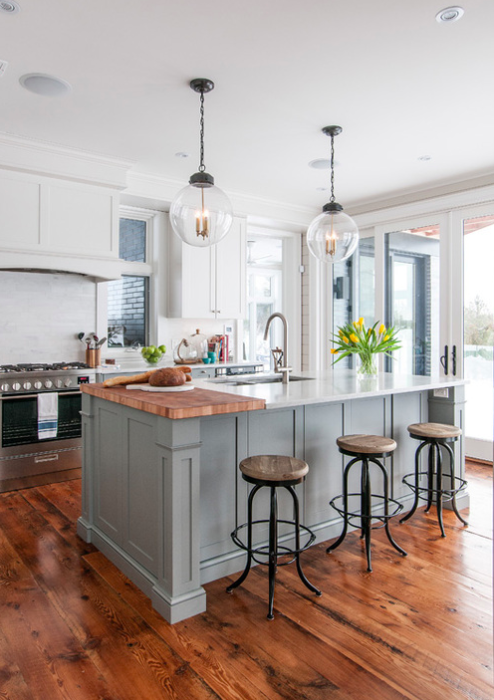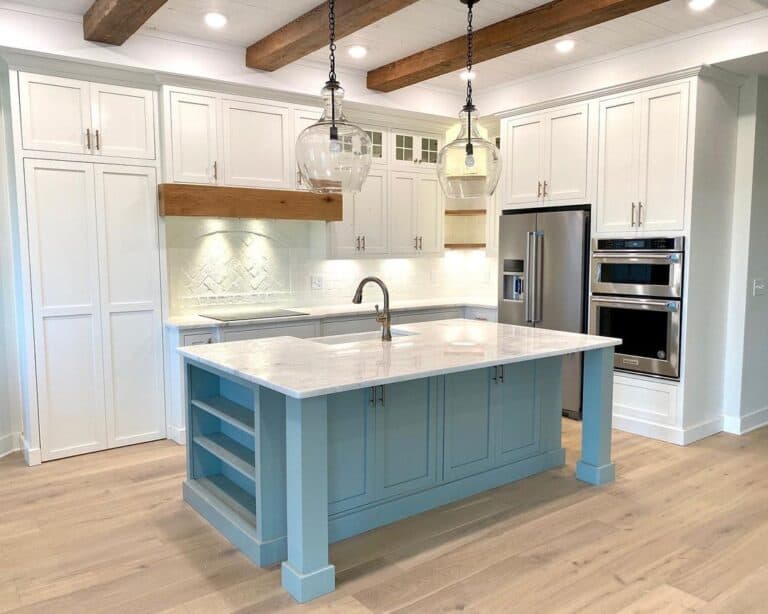Elevate Your Space with Fashionable Legs For Kitchen Island Styles
Elevate Your Space with Fashionable Legs For Kitchen Island Styles
Blog Article
Essential Factors to Consider When Picking Legs For Cooking Area Island
Picking the proper legs for a kitchen area island includes a careful analysis of numerous aspects that can considerably influence both functionality and visual charm. Among these, the selection of product plays a critical role in making certain toughness, while the style must enhance the existing style. Considerations such as elevation and weight support are crucial for security and comfort. As we discover these elements, it comes to be clear that each decision can have far-ranging implications for the overall cooking area experience. What nuances should be considered in each of these classifications to achieve the excellent balance?
Material Options
When choosing legs for a cooking area island, comprehending the numerous product options is necessary for achieving both aesthetic allure and architectural integrity (Legs For Kitchen Island). The option of product significantly influences not just the longevity of the island but also its general layout and functionality
Wood is a prominent selection, supplying warmth and flexibility. Strong woods, such as oak or maple, give strength and can be stained or painted to match the kitchen area decoration. Steel legs, usually made from stainless steel or wrought iron, contribute a contemporary and industrial feeling while making certain durability and stability. These materials are resistant to wear and can support substantial weight, making them perfect for larger islands.
One more choice is engineered materials, like MDF or plywood, which can be more cost-effective while still supplying a variety of coatings. They might not offer the same degree of security as solid wood or steel. Legs For Kitchen Island. Finally, products such as acrylic or glass can produce a modern look, though they might need extra support to guarantee stability.
Ultimately, the choice of material for cooking area island legs should align with the wanted capability and the general style of the cooking area.
Style and Style

When considering style, the shape and finish of the legs are important. Conical legs can provide a sense of agility and beauty, while thicker, more durable legs can share stamina and security. Furthermore, the finish-- be it painted, tarnished, or natural-- must complement the cabinets and countertop materials to produce a unified appearance.
Additionally, the layout of the legs can likewise show personal taste. Customized or attractive legs, such as those featuring complex makings or special geometric shapes, can function as prime focus, adding personality and personality to the kitchen. Inevitably, the best choice will not only enhance capability yet likewise raise the visual charm, making the kitchen island a standout feature of the home.
Elevation Considerations
Choosing the ideal height for kitchen area island legs is important, as it directly impacts both capability and convenience. The typical height for a kitchen island typically ranges from 36 to 42 inches, aligning with usual kitchen counter elevations.

It is additionally look at this website important to account for customers' preferences and heights. Tailoring the elevation can ensure a comfy experience for all relative, making the kitchen area island an extra satisfying and useful space.
Weight Support
Making certain adequate weight support for kitchen island legs is crucial for both security and performance. The kitchen area island frequently serves multiple objectives, including food prep work, dining, and additional storage space, necessitating a durable support structure. When selecting legs, it is critical to take into consideration the overall weight capability needed based upon the island's planned use and the materials that will be positioned on it.
The option of material for the legs plays a significant function in their weight-bearing capabilities. Strong wood, steel, and sturdy compounds normally provide exceptional strength contrasted to lighter products. Furthermore, the style of the legs-- whether they are right, tapered, or have a pedestal form-- can influence their ability to distribute weight efficiently throughout the framework.
Furthermore, the leg placement ought to be tactically intended to boost security. Legs positioned at the edges or with a larger base can better sustain much heavier loads. Constantly get in touch with the supplier's specifications concerning load limitations to make certain that the legs can maintain the desired weight without jeopardizing safety. In recap, selecting kitchen island legs with ample weight assistance is essential for producing a secure and useful cooking room.
Installation and Upkeep
Proper installation and maintenance of kitchen island legs are vital for guaranteeing longevity and stability. To start, it is important to follow the manufacturer's guidelines during installment. This usually entails securing the legs to the space station using proper fasteners, ensuring that the legs are degree and aligned. Utilizing a degree device can aid protect against tottering and boost the overall visual appeal of the cooking area island.
Once set up, normal maintenance is necessary to preserve the stability and look of the legs - Legs For Kitchen Island. For wood legs, regular cleaning with a wet cloth and application of appropriate timber gloss can protect against wetness damages and maintain their coating. Steel legs may require a gentle cleansing option to eliminate oil and crud, followed by a completely dry cloth to avoid rust formation
Furthermore, check the legs frequently for indications of wear or damages, such as cracks or loosened joints. Tightening up screws or bolts as needed can additionally prolong the lifespan of the legs. By adhering to these setup and maintenance methods, house owners can ensure that their kitchen area island remains sturdy and visually appealing for many years to find.
Conclusion

Visual comprehensibility is critical in selecting the style and layout of legs for a kitchen island, as these elements substantially affect the general ambiance of the room. Tapered legs can give a feeling of lightness and style, while thicker, a lot more robust legs can convey toughness and security.Picking the ideal elevation for cooking area island legs is important, as it straight affects both performance and convenience. In recap, selecting cooking area island legs with sufficient weight assistance is necessary for developing a safe and functional cooking room.
In conclusion, picking legs for a kitchen area island requires cautious consideration of different variables, consisting of product choices, style, height, weight assistance, and installation.
Report this page